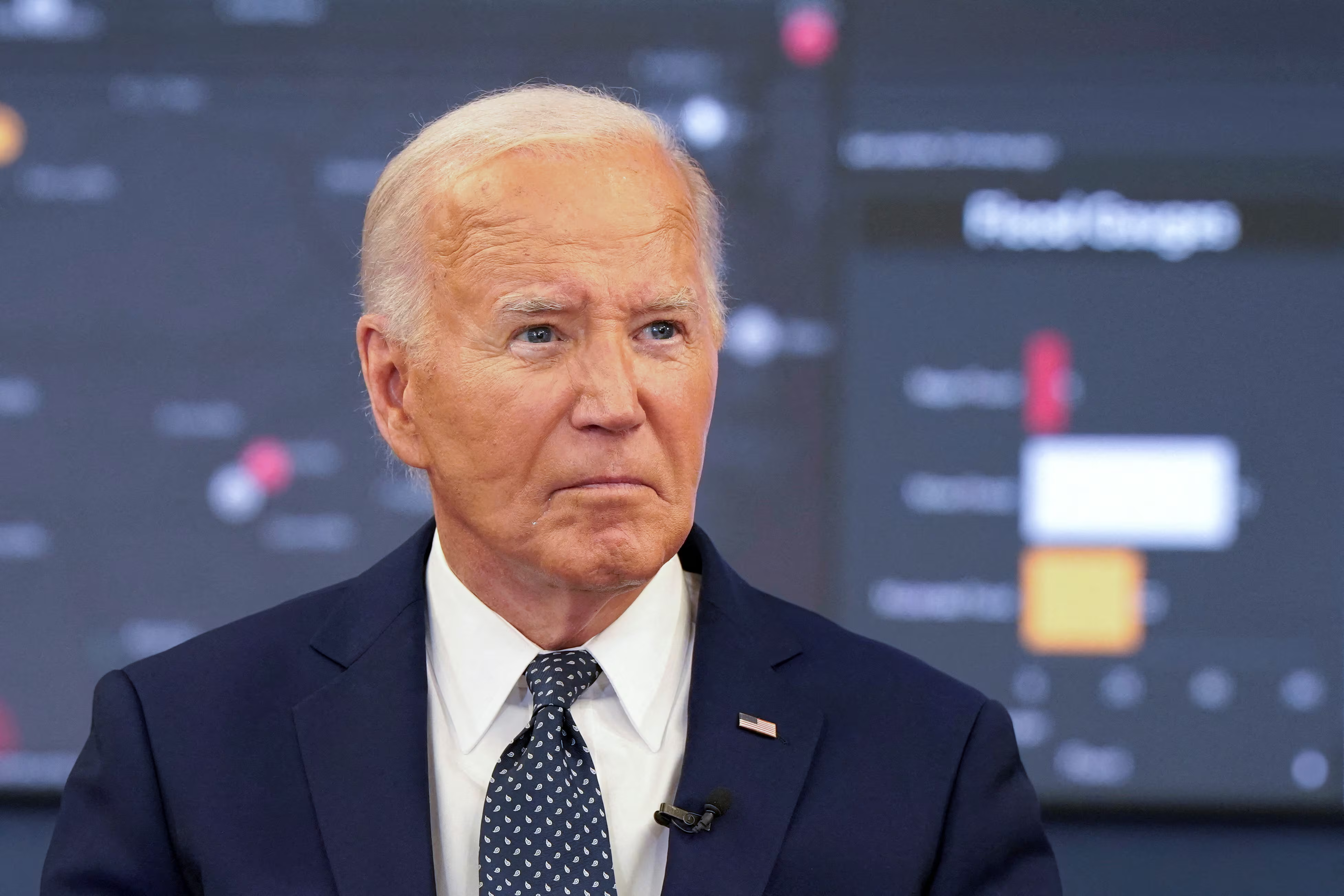By Graham Pearsall
BU News Service
As I nervously awaited the start of the 121st Boston Marathon, two F-15 fighter jets roared by overhead on their way to the race’s finish line, 26.2 miles away. Flying at 450 mph, the jets covered the distance in less than five minutes.
For the runners who started a short time later, the journey to Boston took considerably longer.
Jacked up on carbs and bursting with excess energy from a three-week taper in milage, I surged off the line at the blast of the starting pistol. Dodging and weaving by fellow runners, I loosened my stride and let the steep downhills carry me out of Hopkinton at a quick clip.
By mile four, I had settled into my goal pace but could already feel my body hinting that it would be a tough race ahead.
Temperatures were unseasonably hot, and despite drinking several liters before the race and consistently hitting water stops every mile, I could feel the heat starting to take its toll.
For seven of the past ten years race day temperatures have peaked in the mid 50s, according to the Boston Athletic Association. Only once in the past decade had temperatures been as warm as they were this year when they reached the mid 70s.
Even after I stopped sweating and felt my mouth go dry, I continued to push to hit my goal pace, which I was able to maintain through mile 16.
In the hills of Newton, things got ugly.
Over the first 16 miles of the marathon, the course lost 390 feet of elevation. In five miles across Newton, the course regained 200 feet over four climbs, the most famous being the final and steepest, properly named Heartbreak Hill.
At this point in the race, the physical battle is long lost and the marathon becomes a battle of will.
At times my pace slowed by more than two minutes per mile. I looked into each emergency medical tent hoping to see a crowd of runners who had dropped out, justifying that I do the same.
To my frustration, I didn’t see a single runner drop out at the medical tents at miles 17, 18, 19, or 20. All I saw were runners in their individual pain caves and struggle buses, persevering over their pain.
According to the Boston Athletic Association, 27,221 participants started the marathon and a remarkable 97 percent finished despite adverse racing conditions.
Runners are an unique breed of crazy, and I’m a perfect case study.
To will myself over the hills, I convinced myself that if I finished this marathon that I would never have to do one again, that the 2017 Boston Marathon would be my last. I had the same thought during my last two marathons, but I really meant it this time, as in etch-it-in-stone, shout-it-from-the-hill-tops, tattoo-it-on-my-forehead really meant it.
But somewhere between Heartbreak and the Citgo Sign things changed. I did some math and figured that I could still break three hours with a little surge. A little push would qualify me for next year’s Boston Marathon.
You know, just in case.





